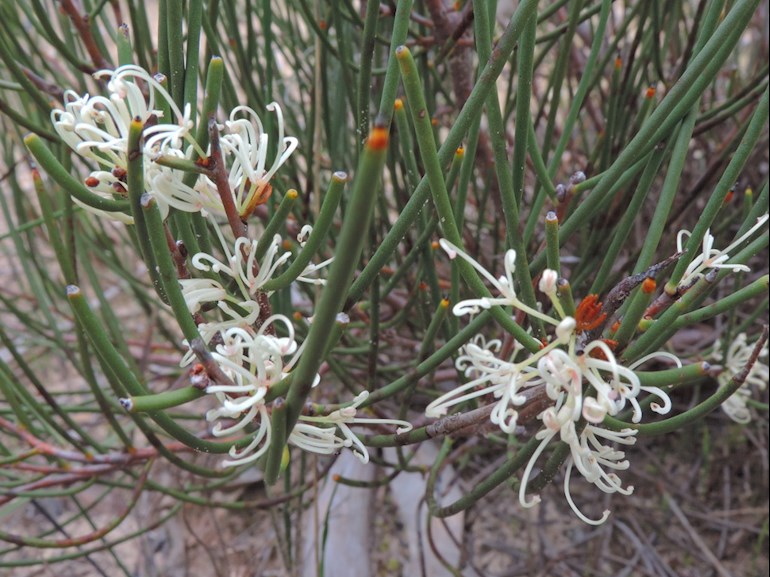Twenty years ago, the Nobel Prize in Physiology or Medicine was awarded jointly to Peter Doherty and Rolf Zinkernagel “for their discoveries concerning the specificity of the cell mediated immune defence”.
:
Doherty and Zinkernagel had discovered how one critical part of the immune system, the T-cell, recognised and killed virus-infected cells. These killer T-cells patrol our bodies looking for foreign enemies – such as infections or cancer cells – and then move in to attack.
What Doherty and Zinkernagel discovered was the exquisite elegance with which the killer T-cells recognise the enemy.
They proved a radical new idea of how T-cells worked by recognising an “altered self”: the enemy (for example, a virus) could only be recognised when it was presented in combination with the body’s own machinery.
The body’s protein alone or the virus alone didn’t generate the molecular target for the killer T-cell to recognise.
Sounds simple, but the concept was revolutionary.
:
In cancer (and in chronic infections such as HIV and indeed LCMV), killer T-cells can become exhausted. They are massively outnumbered by the enemy and they surrender.
New drugs can now revitalise these exhausted T-cells, returning them to their fighting-fit selves. These drugs have transformed the outlook for some cancers, such as melanoma and lung cancer, but only in some people. There are still many puzzles to be solved in this new era of immunotherapy.' - More from Sharon Lewin, Director, The Peter Doherty Institute for Infection and Immunity: theconversation.com/20-year...
So what's the relevance of this to CLL? Well 'B-cell chronic lymphocytic leukemia (CLL) is associated with profound defects in T-cell function, resulting in failure of antitumor immunity and increased susceptibility to infections'
T cells from CLL patients exhibit features of T-cell exhaustion but retain capacity for cytokine production: bloodjournal.org/content/12...
And in the conclusion of that paper: 'The up-regulation of CD244, CD160, and PD1 is of translational relevance, as these molecules may be useful biomarkers of immune reconstitution, and be potential targets for therapeutic strategies aimed at improving T-cell immunity.'
Exhausting T cells in CLL (Overview of above paper): bloodjournal.org/content/12...
Chronic lymphocytic leukaemia induces an exhausted T cell phenotype in the TCL1 transgenic mouse model: onlinelibrary.wiley.com/doi...
So a collaboration between an Australian and his Swiss PhD lab mate in the 70's resulted in a Nobel prize 20 years ago, which has provided the foundation for research work that could help restore to us our lost immunity and overcome our greater susceptibility to secondary cancers, by providing a means of overcoming the damping down of CLL cell's influence over our T-cells.
Photo: White grevillea flowers in the scrub
